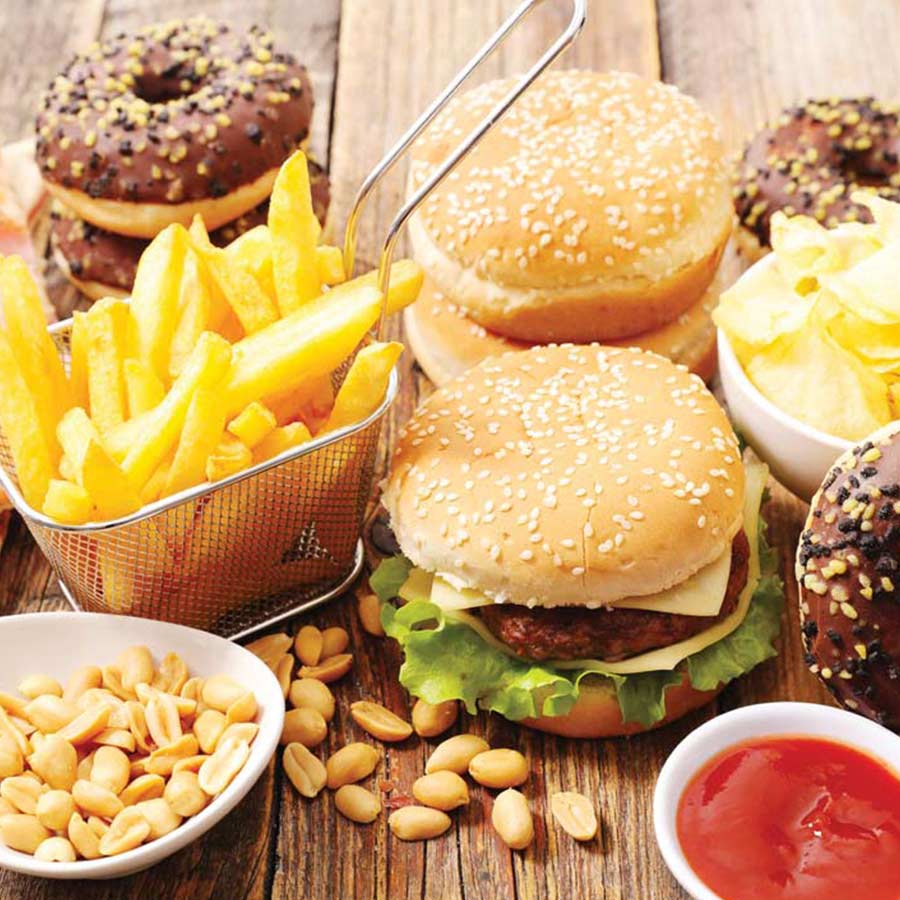Foods to Avoid if You Have Glaucoma: Protect Your Eyes Naturally
Glaucoma is a serious eye condition that can lead to vision loss if left unmanaged. While medication and regular check-ups are crucial, your diet can also play a significant role in maintaining healthy eye pressure and protecting your vision. Certain foods can increase intraocular pressure, contribute to inflammation, or affect blood sugar levels, which may worsen glaucoma. In this article, we’ll explore the foods you should avoid and how to make healthier choices for your eyes.
1. Excessive Caffeine
Caffeine, found in coffee, tea, energy drinks, and some sodas, can temporarily raise intraocular pressure (IOP). While moderate intake is generally safe for most people, glaucoma patients should monitor their caffeine consumption carefully. Limit your daily intake and opt for caffeine-free alternatives like herbal teas or decaffeinated coffee to protect your eyes.
2. High-Sodium Foods
Too much salt in your diet can lead to fluid retention and elevated blood pressure, which may increase eye pressure. Processed foods, canned soups, fast food, and salty snacks often contain hidden sodium. To reduce your risk, try cooking at home with fresh ingredients and using herbs and spices instead of salt to enhance flavor.
3. Sugary Foods and Refined Carbohydrates
High blood sugar levels can damage blood vessels in the eyes and may worsen glaucoma over time. Foods like pastries, candies, sugary drinks, white bread, and pasta can spike blood sugar levels. Focus on complex carbohydrates such as whole grains, vegetables, and fruits with low glycemic indexes to maintain stable blood sugar and support eye health.
Check the price range for glaucoma care in Philippines hospitals: https://glaucoma.ph/glaucoma-treatment-cost-philippines-2025/
4. Trans Fats and Processed Foods
Trans fats, commonly found in fried foods, packaged snacks, and baked goods, contribute to inflammation and cardiovascular issues, which can indirectly affect eye health. Limiting these foods not only supports overall health but also reduces the risk factors associated with glaucoma progression.
5. Excessive Alcohol
While moderate alcohol consumption may be safe for some, excessive drinking can elevate blood pressure and impact blood circulation, which may influence intraocular pressure. Limit alcohol intake and stay hydrated to maintain optimal eye health.
6. Certain Dairy and Animal Fats
Some studies suggest that high intake of saturated fats from red meat, full-fat dairy, and processed meats may contribute to inflammation. While occasional consumption is acceptable, focus on lean protein sources like fish, poultry, and plant-based proteins to reduce inflammation and protect your eyes.
Tips for a Glaucoma-Friendly Diet
Hydrate Wisely: Drink water throughout the day but avoid consuming large amounts in one sitting, as rapid fluid intake can temporarily increase eye pressure.
Eat More Antioxidants: Include leafy greens, berries, and colorful vegetables rich in vitamins C, E, and A to support eye health.
Focus on Omega-3s: Fish like salmon, mackerel, and sardines contain omega-3 fatty acids that may help reduce eye inflammation.
Maintain Healthy Blood Pressure: Pair a low-sodium diet with regular exercise and stress management techniques.
Conclusion
Your diet is a powerful tool in managing glaucoma. By avoiding foods that spike eye pressure, increase inflammation, or affect blood sugar, you can help protect your vision and support overall eye health. Focus on fresh, whole foods, moderate caffeine and alcohol, and maintain a balanced diet rich in antioxidants and healthy fats.
Making mindful food choices is a simple yet effective step toward keeping your eyes healthy and reducing the risk of glaucoma progression.




